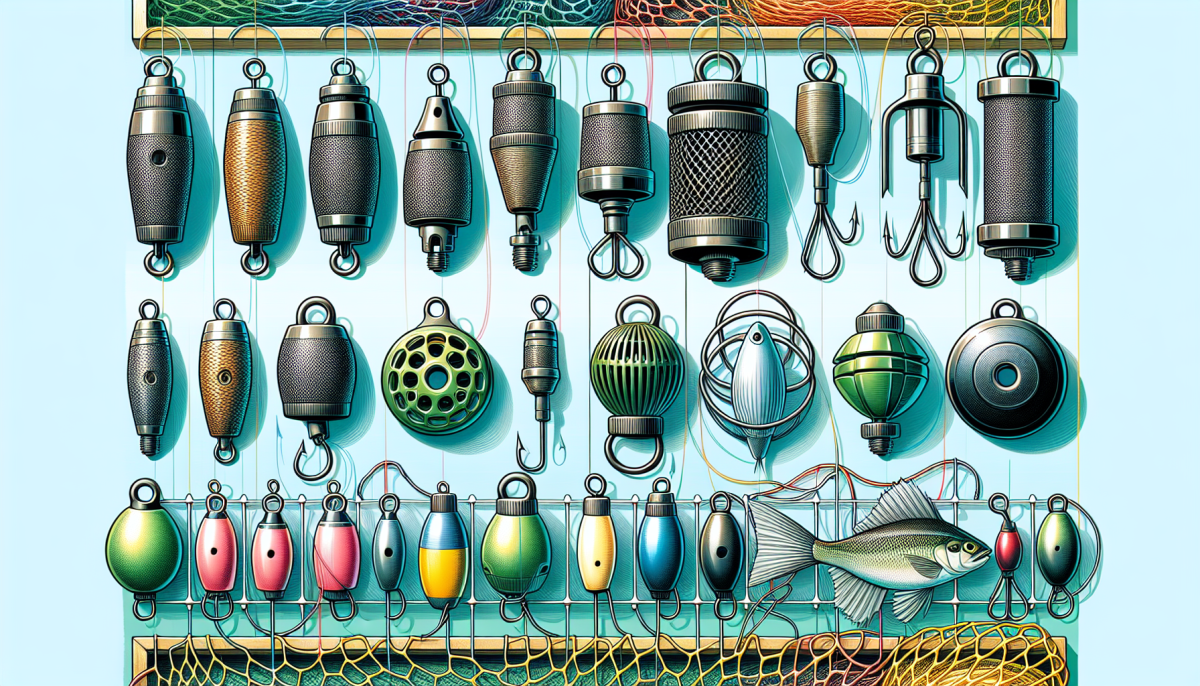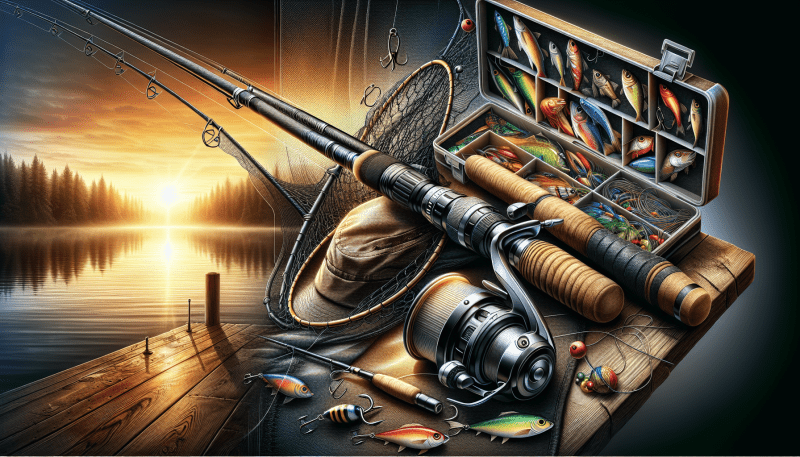First, think about the type of fishing you're doing. Are you casting off a pier, lurking in the shallows, or deep sea fishing? Each environment may require a different weight. For example, if you’re surf fishing, you'll want heavier fishing weights to combat the waves. Conversely, if you’re fishing in calm waters, lighter weights might do the trick.
Next, consider the bait you're using. Live bait often needs a different weight compared to lures. If your bait is heavier, you might need more weight to keep it submerged and stable. In contrast, if you're using a light lure, you don’t want to weigh it down too much, or it won’t do its job of mimicking natural movement.
Lastly, be aware of the current and wind conditions. Strong currents and breezy days can change how your fishing weights perform. You may need to adjust your weights accordingly. A good rule of thumb is to experiment with a few different weights until you find the perfect balance for your setup. Before you know it, you'll have the confidence to make the right choice based on your fishing conditions!
Types of Fishing Weights Explained
Fishing weights are a vital part of your fishing gear, helping you get your bait where the fish are. Understanding the different types of fishing weights can make a big difference in your success out on the water. Let's break down some of the most common types and when to use them.
1. Split Shot Weights
These small, round weights are easy to use and perfect for beginners. You simply pinch them onto your fishing line. Split shot weights are fantastic for finesse fishing, especially when you want to keep your bait near the surface or in shallow waters.
2. Egg Weights
Shaped like little eggs, these weights slide easily on the line, making them great for strategies like drop shotting. Egg weights are ideal for deeper waters since they help your bait sink quickly and minimize drag from the current. They're also versatile, working well with various types of rigs.
3. Pyramid Weights
If you're often fishing in surf conditions, pyramid weights are your best friend. Their flat base allows them to grip the bottom, making them less likely to get washed away by waves. Perfect for shore fishing, these weights will keep your bait in place no matter how choppy the water gets.
Choosing the right fishing weights depends on where and how you plan to fish. By matching your weights with your fishing style, you’re setting yourself up for a successful outing. So, keep these options in mind next time you're prepping your gear!
How to Rig Fishing Weights Properly
First things first, choose the right type of fishing weights for your needs. There are various options like split shots, egg weights, and pyramid weights, each serving different purposes. For example:
Once you've picked your fishing weights, it’s time to rig them. Start by threading your line through the weight. If you’re using split shots, simply pinch them onto your line at your desired depth. For egg weights, slide them down the line followed by a bead to protect your knot from wear.
Remember to check your knot after adding weights. A secure knot can prevent losing your rig when you’ve got a big catch on the line. You can also adjust the position of your weights based on how deep you want your bait to go, helping to target fish effectively.
Tips for Using Fishing Weights Effectively
When it comes to using fishing weights, a few tips can make a big difference in your success on the water. First off, understand the different types available. There are sinkers, egg weights, bullet weights, and more, each serving a specific purpose. Knowing which one to use based on your fishing scenario is crucial. For instance, if you're bottom fishing, a heavier sinker can help you reach those deeper spots more easily.
Next, consider the weight you choose. Using a weight that's too heavy can scare fish away, while one that's too light might not get you down to where the fish are. A good rule of thumb is to match the weight to the conditions—if you're dealing with strong currents, opt for a heavier weight. On calm days, you might get away with lighter ones.
Lastly, practice makes perfect! The more you experiment with your fishing weights and setups, the better you’ll get at understanding what works best for you. Don't be afraid to try new things and learn from your experiences. Happy fishing!



